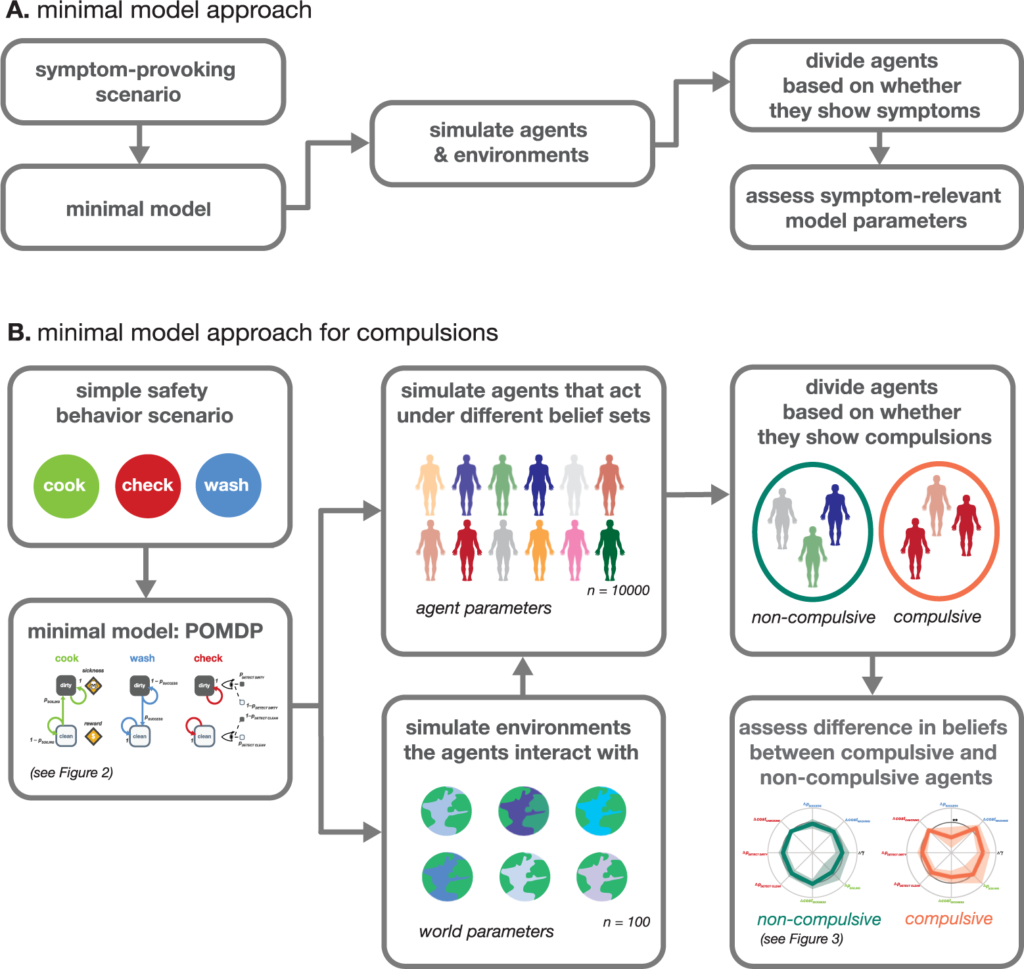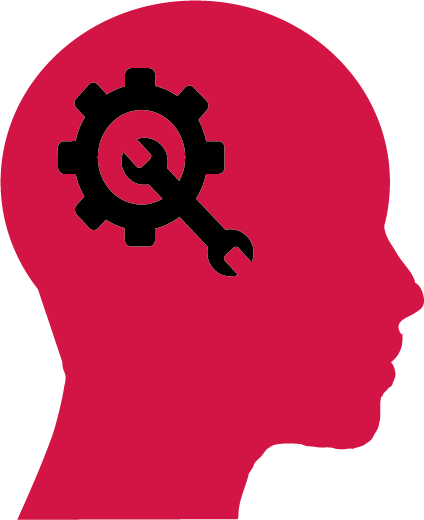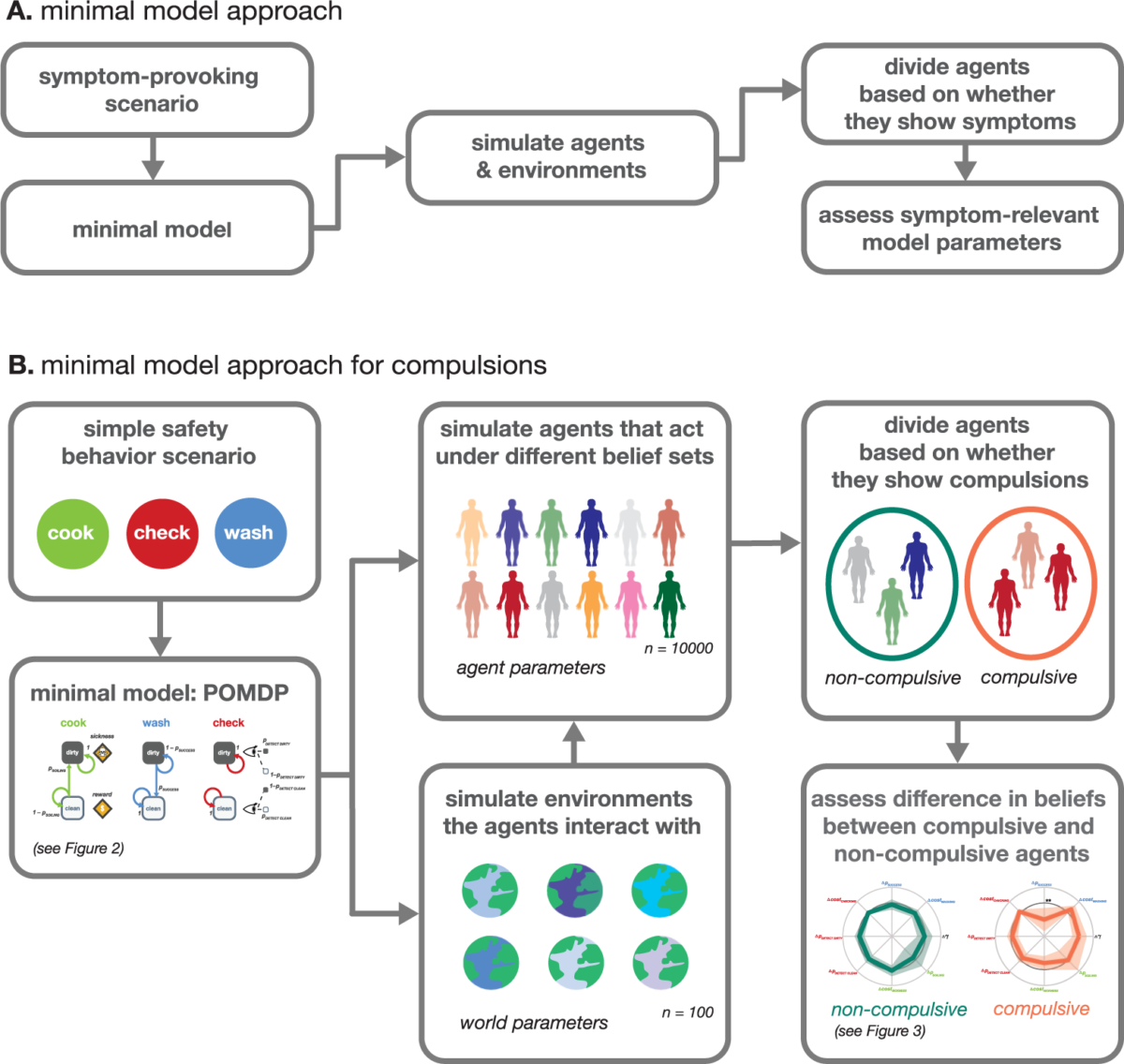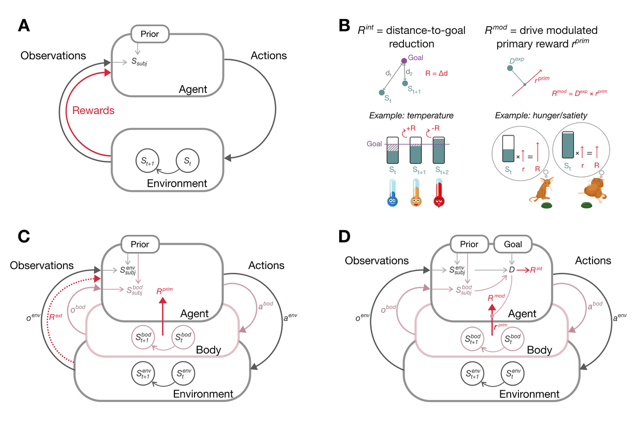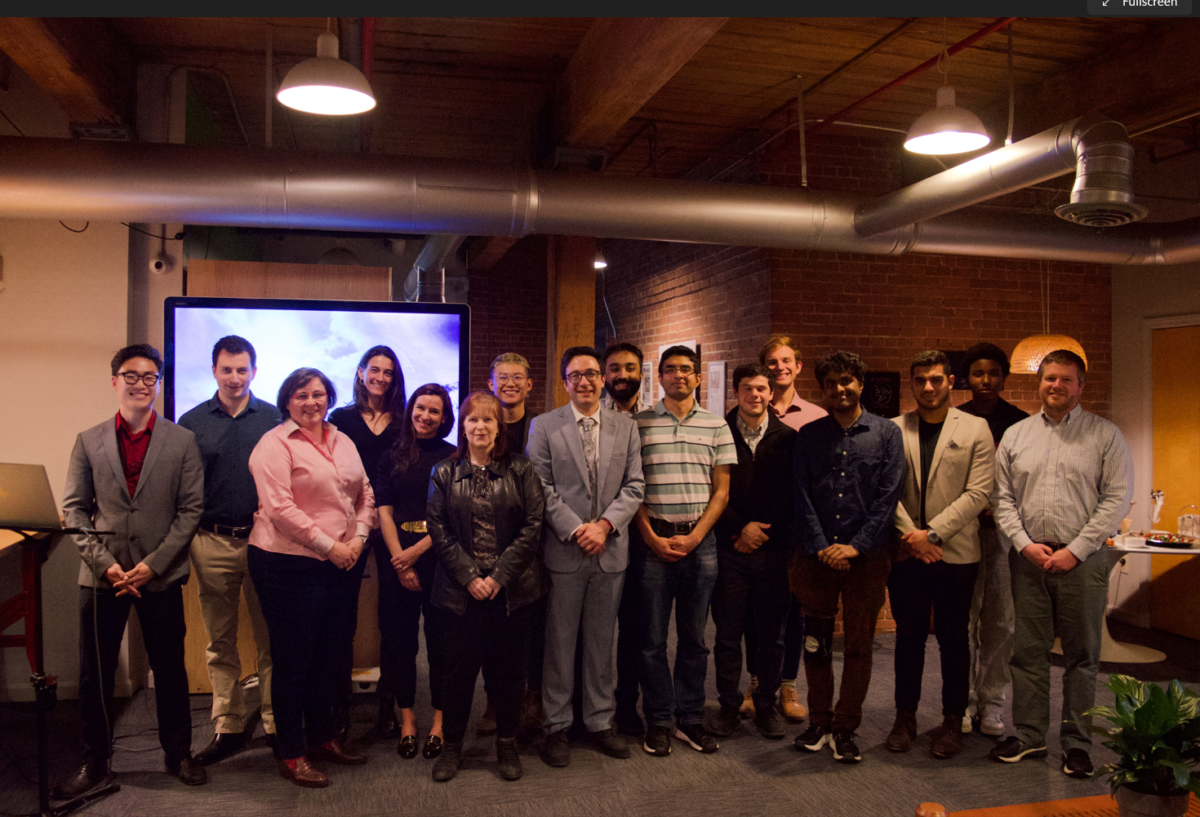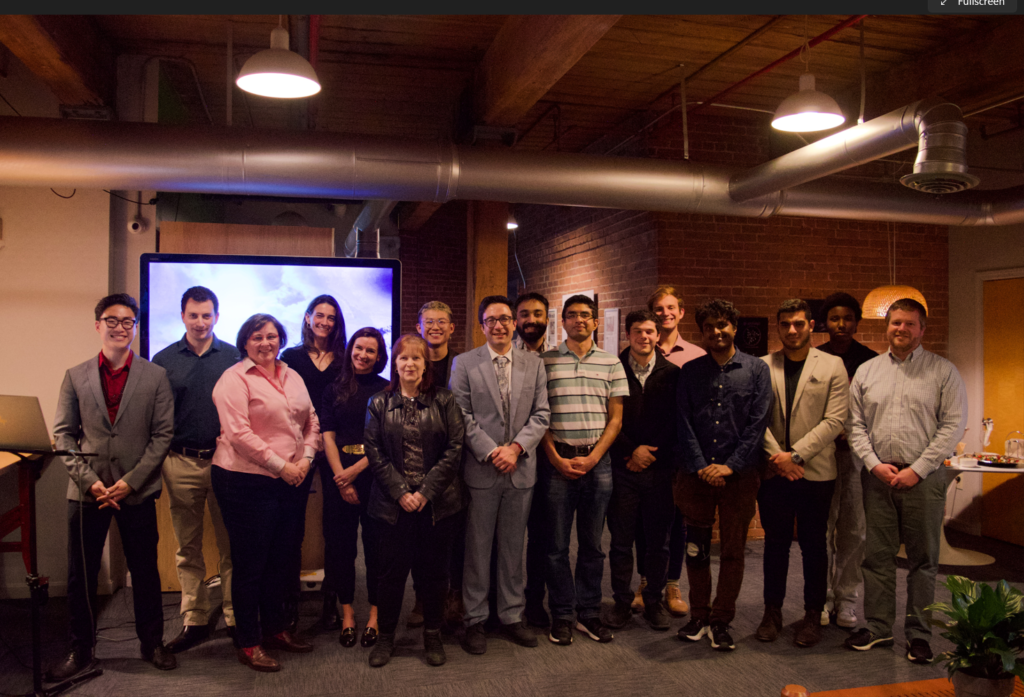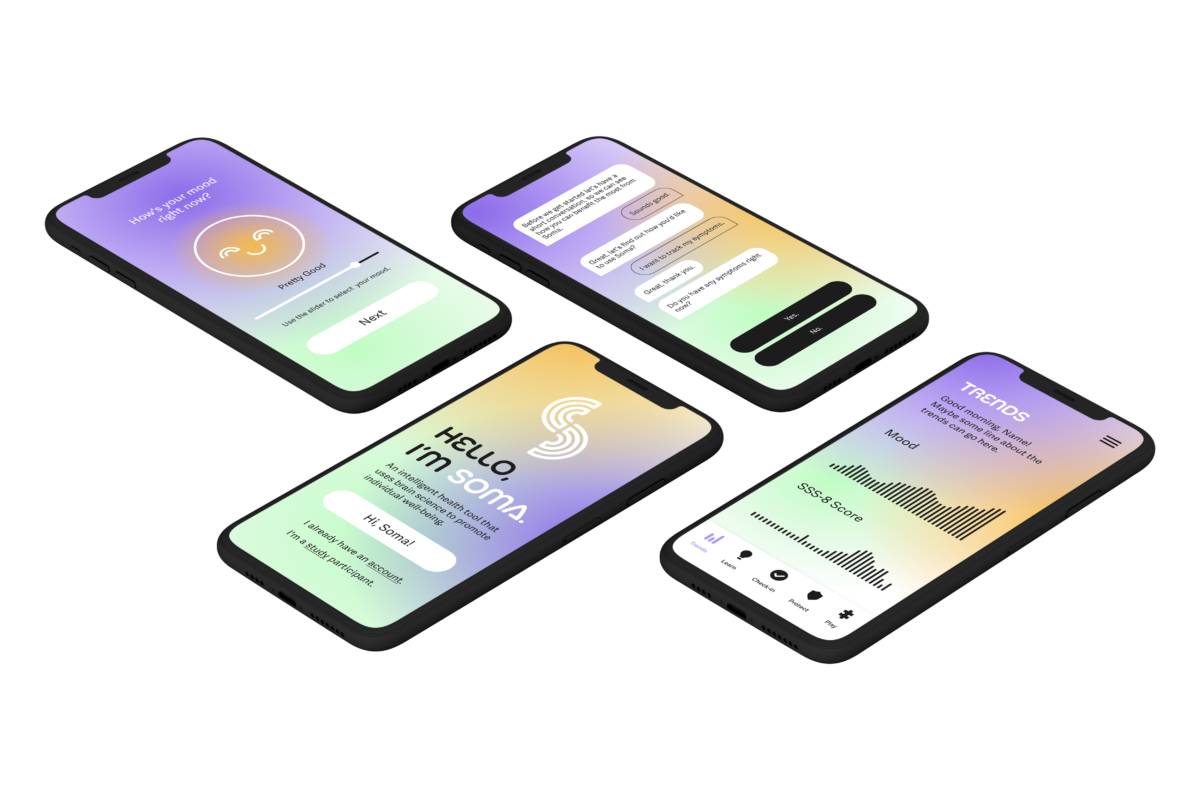Dr. Petzschner has received a $100,000 prize for her work to commercialize an app to better identify and treat chronic pain. She received the prize from MIT’s Faculty Founder Initiative during its award ceremony on May 2.
MIT launched the Faculty Founder Initiative in 2020 to help increase the number of woman-founded startups. This year, the initiative invited Brown University faculty to participate and pitch their innovative ideas to a group of leaders from academia, biotechnology, and venture capital.
“Through the Future Founders Initiative, MIT and our funders are investing in amazing women faculty and their labs to provide a path for women’s discoveries and make it all the way to impact the challenging work of company creation,” said MIT President Emerita Susan Hockfield at Thursday’s ceremony.
Petzschner was recognized as a runner-up in this year’s competition for her work to develop the SOMA app. Petzschner is also the co-director of BRAINSTORM, a program within the Carney Institute’s Center for Computational Brain Science. The BRAINSTORM program supports the application and commercialization of tools from computational brain science to improve mental health and well-being.
“One out of five adults in the United States are currently suffering from chronic pain and many end up in pain for over a decade without getting the appropriate care,” she said. “As pain becomes chronic, it is accompanied by plastic changes at the level of your brain that then lead to the persistence of pain even after the tissue has already healed. “
“Instead of exclusively focusing on treating the body, we need to focus on the brain as well. The SOMA App is a digital therapeutic that focuses on delivering cognitive practices to chronic pain patients. Exercises, mind body exercises, treatments and psychoeducation are delivered directly to the patient via smartphone,” said Petzschner.
“Our founding team of neuroscientists, physicians and AI developers is building active partnerships with pharma companies and hospital networks with the long-term goal of creating a platform for physician pain care with the right patient getting the right treatment at the right time.”
Check out the announcement by MIT:
